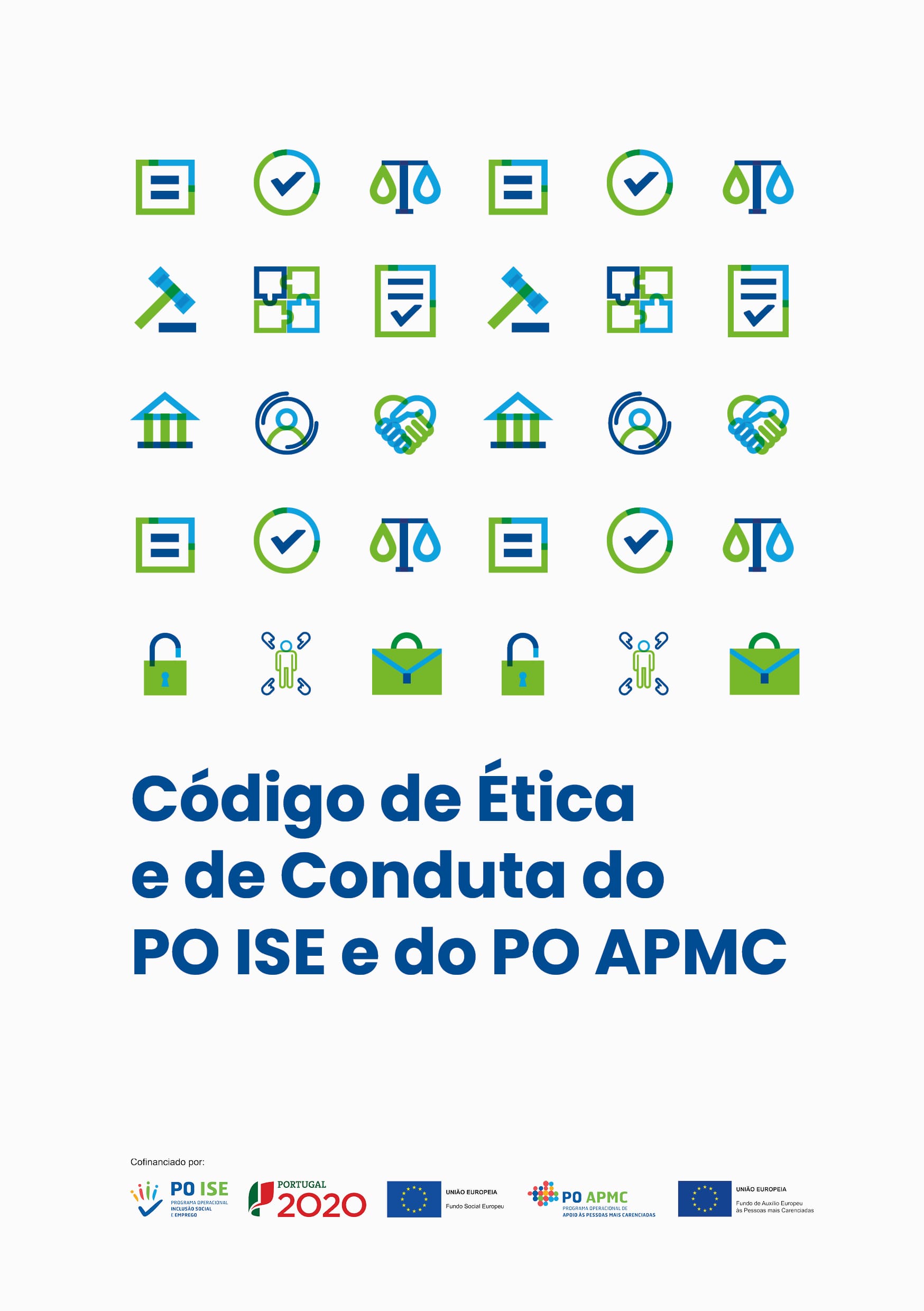Strategy Anti-Fraud

In accordance with Article 59(2) of Regulation (EU) No 966/2012 of the European Parliament and of the Council of 25 October 2012, Member States shall take all necessary measures, including legislative, regulatory and administrative measures, to protect the financial interests of the European Union, including the prevention, detection and correction of irregularities and fraud.
In addition to Article 72(h) of Regulation (EU) No 1303/2013 of the European Parliament and of the Council of 17 December 2013 – the management and control systems for programmes must ensure the prevention, detection and correction of irregularities, including fraud, and the recovery of amounts unduly paid – Article 125(4)(c) of that Regulation requires the Managing Authority (MA) to establish effective and proportionate anti-fraud measures, taking into account the risks identified.
Within this legal framework, the MA defined the pillars of its anti-fraud strategy and fraud risk management process, supported by the guidelines issued by the Agency for Development and Cohesion, I.P. and the European Commission, which are supported by its Anti-Fraud Policy Declaration. In this statement, the MA expresses its anti-fraud culture based on the principle of “zero tolerance” with regard to fraudulent practices and the application of ethical culture principles by all its managers and employees.
The MA’s anti-fraud strategy sets out its position in relation to fraud, as well as the procedures to be followed in relation to this topic, in the areas of fraud prevention, detection and correction. It thus aims to ensure the adoption of effective and proportionate anti-fraud measures, taking into account the risks identified in the context of its activity.
In the field of prevention As regards fraud risk, the MA is focused on determining the key factors that increase or decrease the likelihood of fraud occurring. Prevention mechanisms thus aim to reduce the possibility of fraud, based on a robust management and control system, coupled with a proactive, structured and targeted fraud risk assessment, as well as the existence of a comprehensive training and awareness-raising policy aimed at promoting a strong culture of ethics.
The AG considers that the detection fraud will be more effective if all employees are aware of the signs of fraud relating to each area of activity, if there is a policy of adequate human resources and training and if a well-structured mechanism is put in place with regard to the reporting and reporting system.
In this alignment, the MA ensures that effective and proportionate measures are taken for the correction cases of fraud or suspicion of fraud, defining procedures for the follow-up of any case of suspicion of such situations, with a view to the recovery of Community funds applied fraudulently. In the event of fraud, despite all the preventive measures implemented, the MA's reaction will be swift and appropriate to prevent further damage or to reduce as much as possible the damage already caused.
The management and control system put in place includes a set of strict and comprehensive controls that allow the MA to deter the occurrence of fraudulent situations, prevent and identify signs of fraud, as well as correct and report to the competent authorities the situations detected.
Report of suspected fraud
As part of its anti-fraud strategy, the MA has fraud detection mechanisms, in particular with regard to a reporting system, providing an appropriate reporting line allowing any interested party, under absolute confidentiality, if desired, to report to the MA cases of fraud of which it is aware or of mere suspicion of fraud.
The reporting of any instances of fraud or suspicions of fraud shall be carried out in the Complaint Form.
The handling and management of complaints will be carried out in strict compliance with the rules defined by the MA.
Instruments developed by AG in this matter
Relevant Documentation
This page has been translated automatically using a translation tool.


